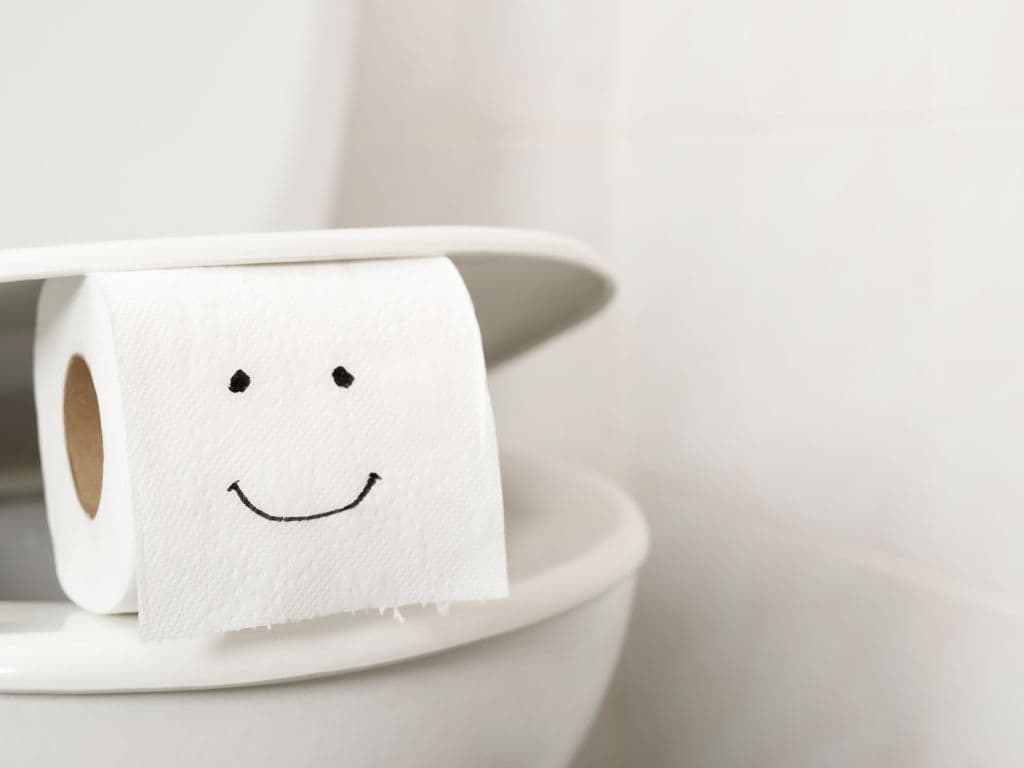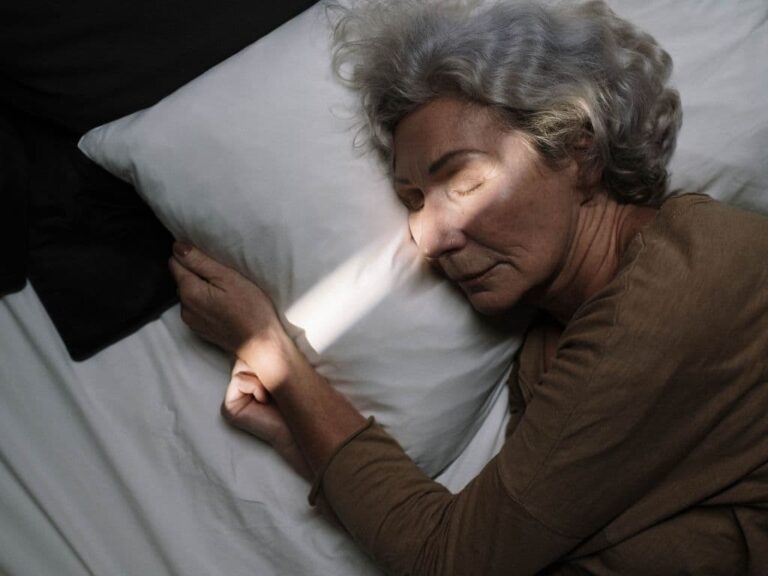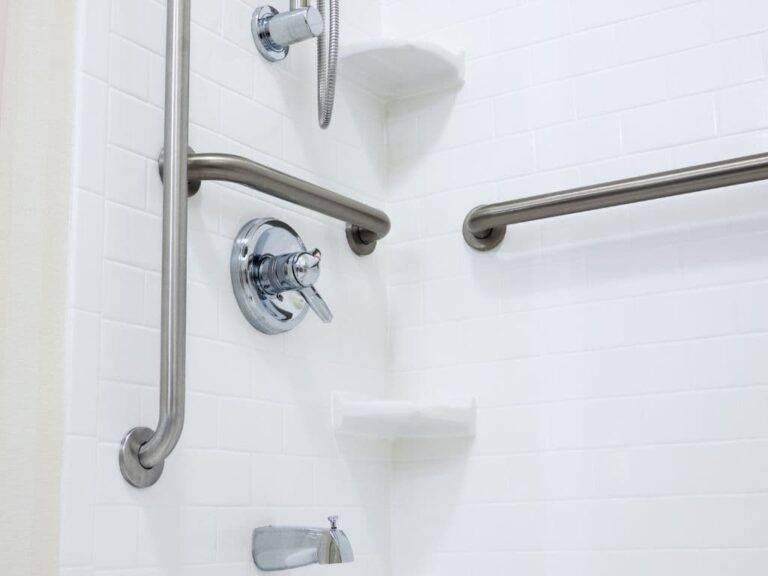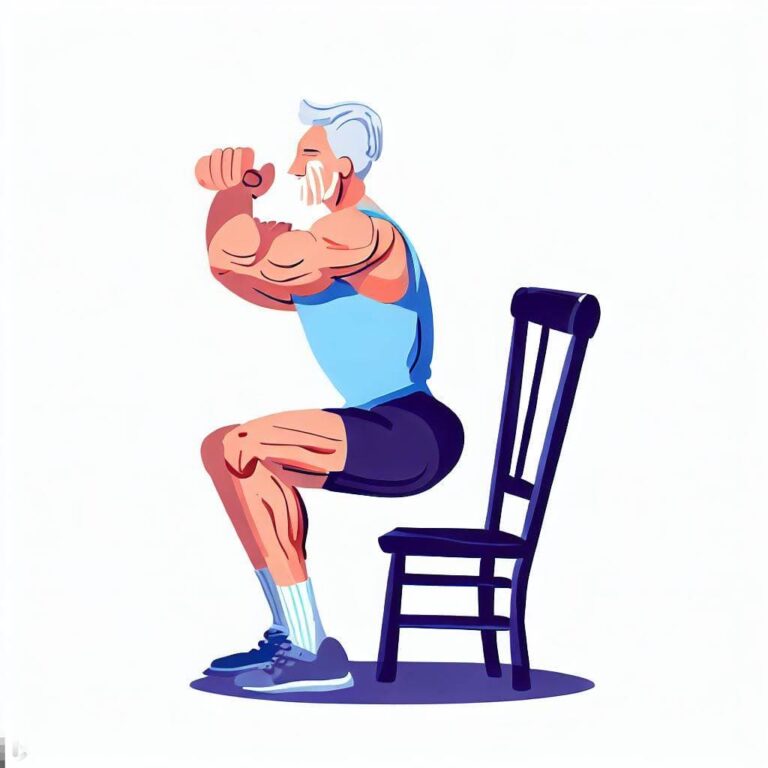Why Do Elderly Poop Their Pants?
Fecal incontinence, also known as bowel incontinence, is the inability to control bowel movements leading to accidental or involuntary passage of stool. It involves unintentional leakage of solid or liquid stool. Fecal incontinence is a common problem among the elderly population.
The elderly poop their pants due to age-related changes including weakening of pelvic floor muscles, reduced rectal sensation, and damage to the anal sphincter as well as nerve disorders arising from medical conditions such as diabetes, multiple sclerosis, and spinal injury contribute to this condition. The impact of treatments like surgery, childbirth and menopause on fecal incontinence and various other causative factors make this a significant issue in elderly care, and early intervention, management, and support can improve quality of life and preserve dignity for older adults.

As seniors age, fecal incontinence can severely impact their quality of life. It can lead to social isolation, loss of self-esteem, and increased dependence. That’s why it’s crucial to understand the causes, symptoms and treatments of fecal incontinence when providing elderly care.
What Are The Causes And Impact Of Loss Of Bowel Control?
There are several factors that can lead to loss of bowel control in the elderly.
How does damage to the anal sphincter or pelvic floor muscles lead to fecal incontinence?
The anal sphincter and pelvic floor muscles surround the anus and play a key role in maintaining bowel control. Damage or weakening of these muscles is a major cause of fecal incontinence.
- Childbirth can overstretch or tear the anal sphincter muscles especially in complicated vaginal deliveries.
- Surgery in the pelvic/anal region like hemorrhoidectomy can sometimes cut sphincter nerves or muscles leading to dysfunction.
- Conditions like rectal prolapse where the rectum telescopes out of the anus can also weaken the sphincter.
How do nerve and muscle damage contribute to fecal incontinence?
Nerves coordinate the contraction and relaxation of sphincter muscles during defecation. Neurological damage can disrupt this control.
- Diabetes can cause peripheral neuropathy affecting the nerves supplying the sphincters.
- Multiple sclerosis damages the central nervous system pathways involved in bowel control.
- Stroke, spinal injury or spina bifida affect the spinal nerves involved in continence.
- Menopause can weaken pelvic floor muscles due to declining estrogen levels.
What are the implications of medical conditions like Menopause, Diabetes, Multiple Sclerosis and Spinal injury on fecal incontinence?
Certain medical conditions directly impact bowel control in the elderly:
- Menopause – Declining estrogen levels weaken pelvic floor muscles.
- Diabetes – Can cause peripheral neuropathy affecting sphincter nerves.
- Multiple Sclerosis – Damages central nervous system pathways for bowel control.
- Spinal Injury – Impairs spinal nerves involved in continence.
- Stroke – Affects nerve supply to sphincters leading to dysfunction.
- Spina Bifida – Congenital defect affects development of spinal nerves.
Does surgery or childbirth play a role in causing fecal incontinence?
Yes, surgery and childbirth are risk factors for fecal incontinence:
- Vaginal delivery can overstretch anal sphincter muscles, especially forceps delivery.
- Hemorrhoidectomy surgery can sometimes cut sphincter nerves and muscles.
- Surgery for anal fissures, fistulas, or abscess can damage anal muscles/nerves.
- Radiation therapy in pelvic cancers can cause scarring and nerve injury.
- Removal of parts of colon/rectum (like in ulcerative colitis) affects continence.
What are the Symptoms of Fecal Incontinence?
Fecal incontinence can manifest in various ways:
- Urgency – Sudden, irresistible urge to defecate without reaching toilet in time
- Passive incontinence – Uncontrolled leakage of stool without sensation/urge
- Stool seepage – Small amounts of stool leakage when passing gas/during movements
- Complete evacuation – No control, entire bowel contents expelled
- Nocturnal seepage – Leakage while asleep
- Fecal smearing – Stool leaked externally gets smeared on undergarments/skin
Tracking symptoms like frequency, severity and precipitating factors helps diagnosis. Consult a doctor in case of bloody, pus-like or tarry stools.
How is Fecal Incontinence Diagnosed?
Diagnosing fecal incontinence involves:
- Medical history – Duration of symptoms, severity, impact on life, associated conditions.
- Physical exam – Perianal inspection, digital rectal exam to assess sphincter tone, posterior vaginal wall prolapse.
- Blood tests – Check for diabetes, calcium levels, thyroid dysfunction.
- Stool tests – Rule out infection, inflammatory bowel disease.
- Anorectal manometry – Measures pressure in anal canal and rectum. Checks sphincter muscle function.
- Anal ultrasound – Images anal sphincters to detect defects like scarring or tearing.
- Defecating proctogram – Assesses structure of anorectal region, stool evacuation issues.
- Pelvic MRI – Detailed images of pelvic floor anatomy to pinpoint damage.
Early diagnosis and treatment can help manage symptoms and improve quality of life.
What Treatments are available for Fecal Incontinence; Can Hormone Therapy Help?
There are several treatment options for managing fecal incontinence:
A discussion on common and advanced treatments for fecal incontinence.
- Dietary Modification – Avoid foods that loosen stool like caffeine, dairy, fatty foods.
- Fiber supplements – Improves formed stool consistency. Psyllium husk is commonly used.
- Medications – Anti-diarrheals like Loperamide reduce urgency.
- Pelvic Floor Exercises – Strengthen anal sphincter and pelvic muscles. Biofeedback training helps.
- Perianal Hygiene – Cleansing, applying barrier creams prevents rash and infection.
- Containment Devices – Anal plugs or inserts prevent leakage. Absorbent pads and undergarments help.
- Sacral Nerve Stimulation – Mild electrical pulses improve rectal sensation and continence.
- Surgery – Sphincter repair, muscle transfers, stoma formation in severe cases.
Exploring the role of hormone therapy in fecal incontinence treatment.
- Estrogen therapy may help some post-menopausal women by improving pelvic floor strength.
- Local estrogen creams are preferred over oral hormones due to less systemic absorption.
- Effectiveness varies individually. More research is needed to confirm estrogen’s role.
- Hormones are not routinely used and prescribed only in selective cases after evaluation.
How Can We Prevent Fecal Incontinence?
Certain lifestyle measures can help reduce episodes of fecal incontinence:
- Maintain bowel regularity by avoiding constipation and diarrhea
- Include fiber-rich foods in diet and stay well hydrated
- Do not delay or resist urge to defecate
- Perform pelvic floor exercises like Kegels regularly
- Manage chronic illnesses like diabetes optimally
- Practice perineal hygiene after bowel movements
- Follow postpartum rehabilitation program with pelvic floor training
- Stay active and exercise to improve mobility, circulation
- Manage medications that exacerbate diarrhea or constipation
- Quit smoking which strains pelvic muscles when coughing
Early intervention at initial symptoms can prevent worsening of leakage and limitation of activities.
What are the Complications of Fecal Incontinence?
Fecal incontinence can lead to several complications:
- Skin Irritation – Frequent leakage causes skin redness, rash, excoriation around the perianal area and thighs.
- Infection – Contamination of skin with fecal bacteria can cause repeated urinary tract infections and cellulitis.
- Psychosocial Issues – Social isolation, embarrassment, stigma, anxiety, depression due to loss of independence and self-esteem.
- Insufficient Nutrition – Reduced food intake to minimize bowel movements, resulting in weight loss and malnutrition.
- Loss of Sleep – Embarrassment or discomfort from nocturnal fecal soiling causes poor sleep.
- Restricted Activity – Avoiding travel, work, physical activity due to fear of fecal accident and odor.
- Institutionalization – Severe cases with self-care limitations may require nursing home care.
Early treatment and support minimizes these issues and improves overall wellbeing.
How Can I Talk to My Elderly Loved One About Fecal Incontinence?
Fecal incontinence is an understandably difficult topic to discuss. However, clear and compassionate communication empowers the elderly to seek help.
- Broach the topic gently, acknowledging it is a sensitive, private issue. Reassure them you want to understand so you can help.
- Let them share information at their own pace. Listen without judgement.
- Ask open-ended questions about symptoms, emotional impact and limitations caused.
- Validate their feelings of embarrassment and frustration. Provide reassurance that they are not alone.
- Present treatment options positively – managing this condition can improve quality of life.
- Offer to accompany them to doctors’ appointments to provide moral support.
- Avoid accusatory language that blames or shames them for symptoms they cannot control.
With patience and empathy, familial bonds strengthen further through shared adversity.
How Can I Support My Elderly Loved One Who Has Fecal Incontinence?
Caring for an elderly loved one with fecal incontinence involves:
- Helping maintain bowel regularity with diet, fluids, exercise. Promptly treating constipation/diarrhea.
- Providing supplies like absorbent undergarments, wet wipes, barrier creams. Teaching perineal hygiene.
- Ensuring easy mobility with grab bars, raised toilet seats. Minimizing obstructions between toilet and bed.
- Modifying their environment – placing a commode/portable toilet, mattress covers, odor controlling products.
- Emotional support through active listening and validating their condition without prejudice.
- Respecting their dignity and privacy by not drawing attention to accidents and leaks.
- Offering transport to doctor’s visits. Recording symptoms to share with physician.
- Checking for signs of dehydration or skin irritation. Assisting in keeping clean.
- Providing respite care when needed. Seeking support from family, friends, community resources.
With compassion, patience and understanding, we can provide the necessary care and optimism to help our loved one regain confidence.
Frequently Asked Questions
-
How much is the senior discount at Walgreens?
Every Tuesday is Seniors Day at Walgreens. This means that if you’re over 55 or an AARP member you will be able to save 30% on eligible regular-price Walgreens products in store or online using code SENIOR30
-
Can I take my full pension as a lump sum?
Cash lump sums can be taken You have the option to cash out your entire pension fund, regardless of its size. Cash lump sums can be taken at any time. 25 percent of your pension pot is exempt from tax. Rest of your pension pot will be exempt from tax.
-
Does Walmart discount card work after quitting?
It doesn’t take a card to be new, so you won’t even have to change anything! The system will detect when your service length has reached and convert your existing discount card to a long-term service discount card. You can keep it active even after your departure.
-
Why do elderly poop their pants?
Because they are concerned about constipation, older people often use stool softeners and laxatives. This causes loose stool. “Fecal incontinence may occur if the muscles of your anal sphincter have become weaker over time,” Dr.
-
How can I get Netflix for free?
Netflix does not offer a 30-day trial, or the opportunity to view the first episode of selected shows free. Netflix can be accessed for free by subscribers to free plans in Kenya and T-Mobile’s Netflix on Us deal in the U.S.
-
Why do I get charged twice for Amazon Prime?
Splitting orders into multiple shipping shipments, or multiple orders may occur. Multiple charges may be incurred because we ship items at a charge.
-
What’s the cleanest part on a woman body?
Reference states that the natural cleansing and protection functions of the eyes make it the most clean part of the human body. By blinking, you help keep your eye moist. Tears also protect your eye from dirt and germs by washing them away.
-
Should you use a washcloth to wash your body?
Our verdict? We suggest skipping using a washcloth to clean your face. There is a high risk of spreading bacteria that causes acne and clogging pores. Dry areas may also form due to daily friction. Dr. Schlessinger suggests that you save your washcloth to use for body care.
-
How can I get a free AARP membership?
Full membership is available to all people 50 years old and over. You will receive a secondary membership free of charge for you and your family, as well access to hundreds carefully selected discounts, programs, and services.
-
Will Lowes Honor Home Depot Coupons?
Lowe’s was once able to accept coupons from Home Depot, and other rivals’ coupons. But it has stopped doing so.
-
Are purses from Ross Real?
They’re real!! According to my knowledge, they are either overstocked or sell products that do not sell well. Betsey Johnson bags are authentic! All of them are original!
-
Will Target raise wages in 2022?
Target Corp. will set a $15-$24 hour starting wage as part of a $300 million benefit package for employees in 2022. Target, a Minneapolis company, announced Monday that its updated wage rate will be applicable to hourly employees working at stores and supply chains facilities as well as headquarters.
-
Is Netflix free on Roku?
The Netflix app can be downloaded for free. However, you will need to subscribe to Netflix in order stream the content. Netflix offers multiple subscriptions starting at $9.99 per monthly. You can cancel at any moment or upgrade. Roku is free and you don’t have to pay more for Netflix.
-
How much do Walmart Plus members save on gas?
Up to 10% off at more than 14,000 stations across the country
-
Can my family use my Target employee discount?
Are family members eligible for the 10% discount? The employee discount is only available to the spouse and the employee. You can’t shop with your boyfriend or mom. Use your employee discount AND have them pay. You could be fired or reprimanded for this behavior.






